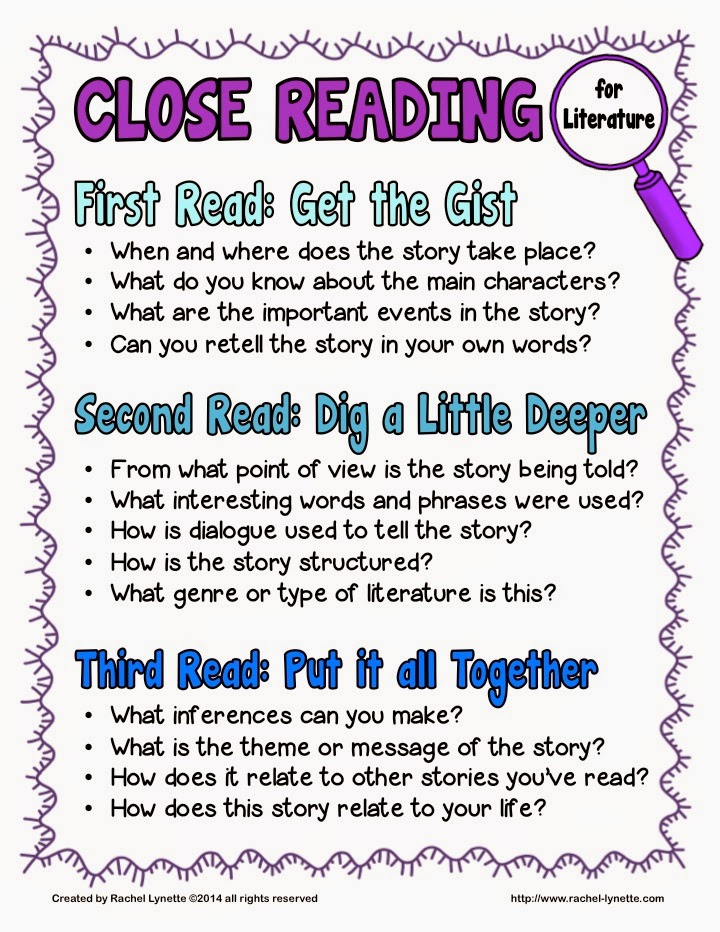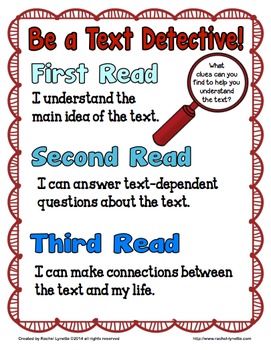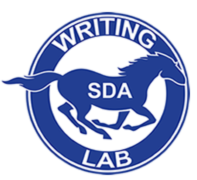
If you’ve never heard of close reading, it doesn’t mean grabbing your book off the shelf and hugging it like your grandma hugs you. Rather, close reading refers to the types of reading we do when we spend our time with a text, reflecting upon the words, structure and theme or a story to come to new conclusions and understandings about a text’s deeper meaning.
Close reading involves getting in touch with a story on a deeper level, and a close reader pays attention to every detail. Even where a comma is placed or where a word is in a poem can make a difference when close reading. An author creates their work with intention, and therefore we should be reading closely to find what the author intended to show us through his work.
If you learn and develop close reading techniques, you will find that the text will mean more to you, you will understand more about it, and most importantly, you can have an easier time writing essays. Now that I have your curiosity, let’s talk more deeply about close reading and how it can make a huge difference when writing your next essay.
The Pencil is Mightier than the Sword
When close-reading, you want to be sure that you are taking time with a text and taking the chance to pay attention to what you read. The first technique involves a pencil. With your writing utensil, you now have free reign to go crazy on your book. Write notes in the margins, annotate specific words, mark particular or important passages, and take time to make your thoughts meaningful. Writing and English teachers recommend annotating your books for a few reasons.
- It helps you pay better attention: if you are using a pencil to mark up your book, chances are you’re spending even more time with the text as compared to your peers
- It helps you remember where things are: when planning your essays, how fun is it actually to rummage page after page looking for relevant quotes? Close reading will ensure that you have all of those quotes and passages before you start writing, which will help you feel more organized.
- You’ll have an easier time coming up with analysis: when you’re analyzing the text and asking questions as you go, you’re already beginning to think about relevant essay topics. Annotations will give you a variety of options when it comes to analyzing your book in an essay, ultimately saving you time in the long run.
As you begin a new book, get into the habit of using your pencil more and annotating as you read. It’s the first step in the process of becoming a better close reader and a better essay writer as well.
Re-Read to Succeed
How many of you understand what Hamlet is saying in his ‘to be or not to be’ soliloquy? How many of you can recite the final lines of The Great Gatsby and tell us how it relates to the greater themes of the novel? If you understand it, chances are you didn’t learn these things the first time after reading. It probably took a few tries and discussions before you could come up with the meaning of a work. Those things aren’t meant to jump out at us right away. The author wants you to engage with the text so that you keep reading and so they can impart their message to you in a more meaningful way. In order to get that meaning, re-reading is one-hundred percent necessary.
Re-reading pieces of the text is important, number one, because you can pick up on new meanings and ideas the second time through a passage that you didn’t spot the first time. This is exactly why we discuss relevant passages in our English class; we want to force ourselves to think about words as more than just words. Every word has a purpose. Its placement, tone, and context can make a difference, so noticing how a passage is organized is important to understanding its deeper connection to the story. We can’t understand these connections if we only read through once.
I’m not saying that you must read the book from front to back cover all over again. If you’ve annotated, you won’t have to do that, but still look through your book, skim chapters, and spend time re-reading your annotations and thoughts to re-engage yourself with the text. As I mentioned, you might find that your recall or specific plot details or events is stronger, and you may even find yourself able to quote passages from your favorite novels, and take it from an English nerd, it’ll impress your teachers.
Time to Write: How Close Reading Affects the Writing Process
The biggest benefit of close reading will come when you write. Think about it: you’ve spent all of this time underlining, annotating, and marking passages in your book. You have plenty of notes to start brainstorming and several quotes that you can incorporate into an essay. When you close read, you are giving yourself the chance to become more familiar with your books and, in the process, more comfortable writing about them. Outlining your essays will be more streamlined if you have your quotes picked out and analyzed and the more familiar you are with the reading material, the easier you’ll find it to plan and write your essays.

So, when you start your next book, try to adopt some of these strategies to see the impact it will make. Not only will you find writing easier, but you’ll appreciate what you’re reading much more. Start practicing these strategies and before you know it, you’ll be an expert reader and have the knowledge you need to write with success!
